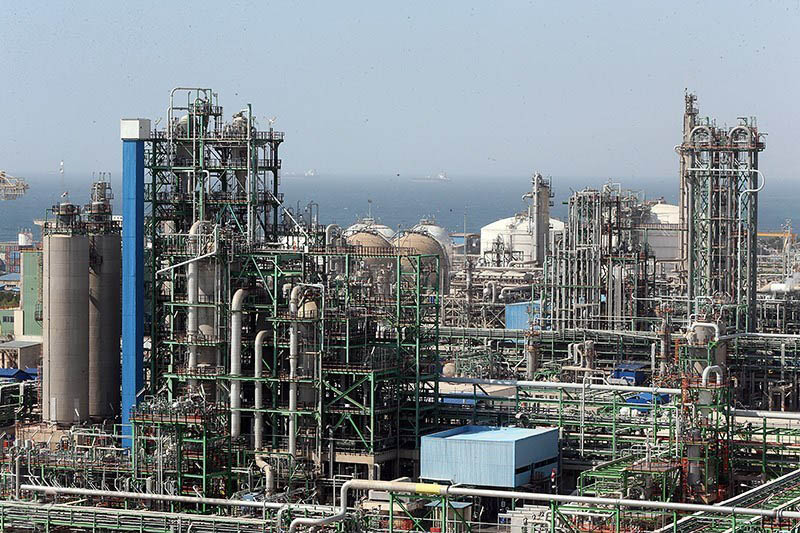Positive Impact of Falling Oil Prices
With crude oil prices recently plunging below $70 per barrel—marking a three-year low—Pakistan stands on the brink of significant economic relief. The investment advisory firm Alpha Beta Core highlights that reduced energy import costs could alleviate inflationary pressures, crucial for a country where energy imports comprise about 31% of total imports. This financial reprieve is expected to enhance the trade balance, allowing for a more stable economic environment.
Enhanced Competitiveness for Exports
The decrease in oil prices will likely bolster Pakistan’s export sector by lowering production costs. As energy expenses drop, manufacturers can produce goods more efficiently, potentially increasing their competitiveness in international markets. This improvement in export performance is vital for Pakistan’s economy, which has been grappling with trade deficits. A more robust export sector could play a pivotal role in driving economic growth.
Lower Borrowing Costs Stimulate Investment
In tandem with falling oil prices, the Central Bank has reduced its policy rate from 22% to 17.5%, with expectations for further cuts. This drop in borrowing costs presents an opportunity for businesses to invest in growth and innovation. Enhanced access to capital, combined with lower energy costs, is poised to stimulate economic activity, particularly benefiting the manufacturing sector that is crucial for job creation and GDP growth.
Forecasting a Stronger Future
The confluence of lower oil prices and decreased borrowing rates is likely to propel Pakistan’s GDP growth beyond the projected 3.5% for FY25. As the economy adjusts to these favorable conditions, the potential for increased business investments and a thriving manufacturing landscape emerges. With careful management, Pakistan could navigate its current challenges and set a course for sustainable economic growth.
